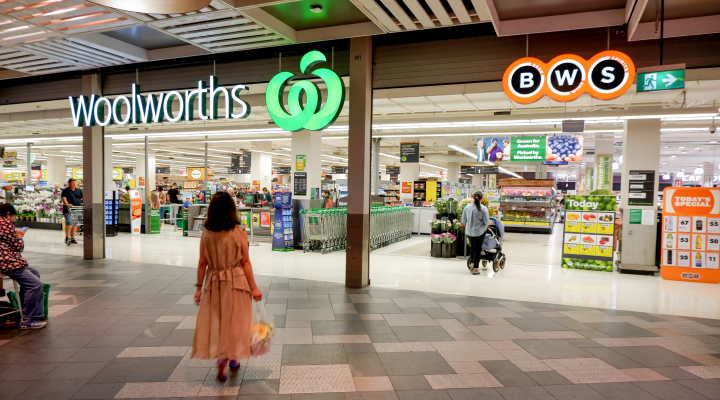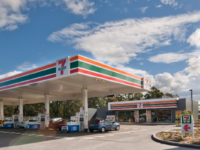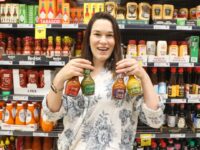This week, Australian retail giant Woolworths Group launched the MarketPlus initiative – a unification of the back-end processes across its online marketplaces – in an effort to make it easier for third-party partners to sell across its channels. The initiative encompasses Woolworths’ Everyday Market, the newly launched Big W Market, and the recently purchased MyDeal marketplace, with the aim of helping these destinations stand out from the competition by providing more opportunities for b
Unlock indepth features,executive
interviews and quarterly magazines
This week, Australian retail giant Woolworths Group launched the MarketPlus initiative – a unification of the back-end processes across its online marketplaces – in an effort to make it easier for third-party partners to sell across its channels.The initiative encompasses Woolworths’ Everyday Market, the newly launched Big W Market, and the recently purchased MyDeal marketplace, with the aim of helping these destinations stand out from the competition by providing more opportunities for both potential sellers and customers across its platforms. According to Woolworths MarketPlus general manager Mark Mansour, the company’s online marketplaces were already talking to the same sellers and brands and coming up with individual agreements. It made sense to unify that system to make the process easier.“We’re essentially creating one door for sellers, and removing some of the complexity of dealing with multiple people across the organisation,” Mansour said. “It’s really about creating deeper and more meaningful relationships with our [third-party sellers], and providing the mechanisms for those partnerships to grow across [our marketplaces].”The online marketplaces serve different customers and sellers, with MyDeal offering a wide range of products from third-party sellers across many different categories, while Big W and Everyday Market are “integrated” marketplaces – offering a more limited range of third-party products besides their own core products. The marketplace majorsCreating “one door” for third parties to enter the Woolworths Group ecosystem could be an effective way of attracting potential brand partners.However, the online marketplace sector is crowded, with a growing number of retailers, such as Baby Bunting and Chemist Warehouse, launching their own marketplace offerings over the past few years following the pandemic-caused e-commerce boom.Among these marketplaces, four major “marketplaces for everything” vie for dominance in Australia according to recent research from Citi: Amazon, Ebay, Catch and Kogan. Despite its slower-than-expected launch in the local market in 2017, Amazon is now pulling away from the pack. Citi noted that online traffic to Woolworths’ MyDeal has effectively doubled on pre-pandemic levels, but so has online traffic to Amazon. It added that the US-based behemoth has quite a bit of room to grow in Australia, while competitors such as Ebay seem to have plateaued locally. “There have been very few other precedents for marketplaces successfully challenging Amazon or Ebay, albeit some do find a niche,” Citi wrote. The everyday rewardWhether Woolworths can fully compete with the likes of Amazon is still to be seen, but the retailer has something that other marketplaces, outside of Amazon, rarely offer: access to a broader ecosystem.The benefit of having an ecosystem of multiple platforms and channels is that – if they can speak to one another and reward customers for shopping across the broader group – it can be easier to retain and attract customers.For Amazon, this happens via its Prime membership, which allows members free delivery on certain purchases, as well as access to music and video streaming services. One of these things may not be worthwhile to customers, but together they can be attractive to a wider audience. Similarly, Woolworths’ Everyday Rewards program enables members to earn points, whether they are purchasing groceries at Woolworths, electronics at MyDeal, or clothing at Big W. These points can then be used towards future purchases – keeping customers within the ecosystem. “[Everyday Rewards] has value to millions of Australians,” Mansour said. “You can collect those points throughout the year and bank them for Christmas, and then you can make a big transaction [at a discount].”Not only that, but by offering partnerships with major brands, as Woolworths has with Appliances Online and homewares brand Koala, customers can build their store of points on purchases from brands outside of the Woolworths ecosystem.Whether that will be enough to draw customers away from other marketplaces, or if it will just be an added bonus to any purchase people do make across the Woolworths lineup, remains to be seen.


















